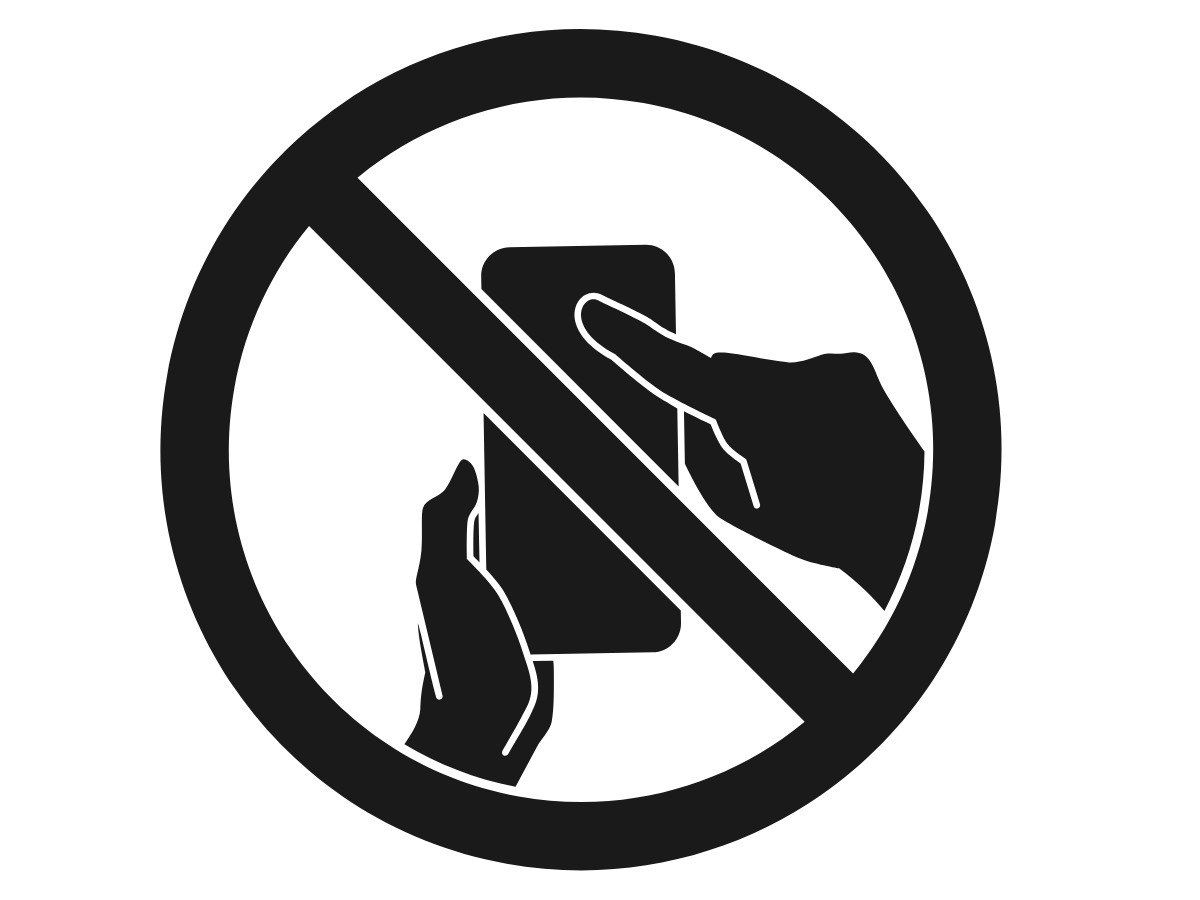AS WINTER TEMPERATURES SET in and Victorians reach for the heating dial, doctors have warned that home gas appliances can cause health problems, including carbon monoxide poisoning, with children and low-income households particularly at risk.
Doctors for the Environment Australia, a group of medical professionals promoting good health through care of the environment, have warned that common home gas appliances, such as gas heaters and stoves, issue toxic pollutants that can pose a serious danger to health, with impacts ranging from respiratory problems through to carbon monoxide poisoning.
Dr Katherine Barraclough, Victorian chair of Doctors for the Environment Australia, said that low-income households using older appliances were particularly at risk.
“As the temperature plummets, many Victorians, particularly those in low-income and public housing, will be using gas heaters,” she said.
When these are old or not properly serviced, there is a high risk of serious health problems including carbon monoxide poisoning. People can become unwell from chronic exposure to even low levels of carbon monoxide, while high level exposure can be lethal. Those in newer, energy efficient but poorly ventilated homes are at significant risk too.”
“We’re calling on the Victorian state government to reform build regulations and provide incentives to help families make the shift from gas to energy efficient electrical appliances, which are safer, cheaper to run and help to keep domestic greenhouse gas emissions down.”
“Thanks to a concerted advertising campaign by the gas industry, gas is commonly seen as a ‘clean’ energy option – but in fact, it’s a highly polluting fossil fuel that can seriously reduce air quality in homes,” she said.
Doctors for the Environment Australia has released a fact sheet outlining potential adverse health impacts of gas, particularly in children. These include:
increased asthma in children living in homes with gas cooking appliances, with an estimated 12% of childhood asthma in Australia due to the use of gas stoves.
increased cough and wheeze in children exposed to open flued gas space heaters in classrooms.
reduced lung function in children living in homes with gas cooking appliances.
increased hospitalisations for acute respiratory tract infections in young children living in homes with flued or unflued gas heaters.
increased asthma-like symptoms and reduced lung function in women using mainly gas for cooking.
Research has also shown an increased risk of explosions, fires and thermal burns from home gas use, something that Melbourne resident and Doctors for the Environment Australia executive director Denise Cauchi found out recently when her gas oven exploded in her face, leaving her with burns.
“I found out the hard way how risky gas can be. I had an older oven that blew up in my face while I was cooking dinner,” she said.
“I was left with burns to my face. I feel that if more people understood some of the dangers around gas use they would move to electric appliances, which are cleaner and safer. The Victorian Government needs to help people to make the switch.”
Doctors for the Environment Australia recommendations
Increased public education about the risks of indoor gas appliances, including the importance of regular servicing and adequate ventilation.
Provision of incentives for households to transition away from the use of gas to energy efficient electrical appliances, with particular support offered to low-income households as well as landlords.
Reforms to building regulations to mandate installation of non-gas heating and cooking appliances in all new homes.
Reforms to building regulations and local planning rules to stop the automatic connection of all new suburbs and homes to gas.
Consideration of the eventual phasing out of indoor gas usage altogether.






